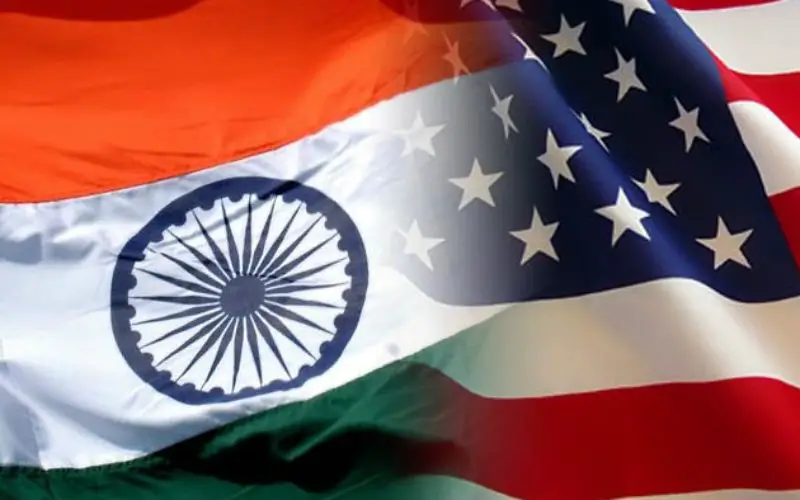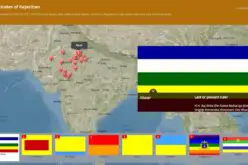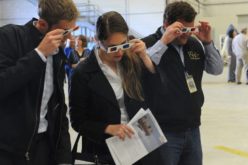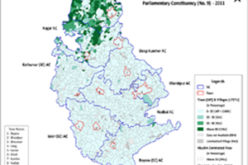The India-US Geospatial Alliance has set an ambitious target to expand bilateral trade in geospatial technologies from the current $2.5 billion to $10 billion by 2030. This initiative aims to deepen technological cooperation, drive innovation, and unlock economic opportunities across sectors like defense, disaster management, urban planning, and climate resilience.
Highlights from the Summit
The announcement came during the fourth India-USA Space and Geospatial Business Summit held in Hyderabad. Experts at the event emphasized that shared investments in technology, policy alignment, and manufacturing could accelerate progress globally.
Jennifer Larson, US Consulate General in Hyderabad, highlighted the city’s pivotal role, stating, “Hyderabad processes more geospatial data than anywhere else in the world.”
She underscored how integrating artificial intelligence (AI) and machine learning (ML) with geospatial technologies is addressing global challenges like climate change and food security.
Also Read – India-US to Sign Basic Exchange and Cooperation Agreement for Geospatial Cooperation
Strengthening Geospatial Ties
India’s geospatial sector, valued at $1.92 billion, is recognized globally for delivering cost-efficient solutions. Sanjay Kumar, CEO of Geospatial World, highlighted the transformative role of geospatial technologies during the COVID-19 pandemic. He called the India-US partnership a strategic collaboration spanning trade, defense, education, and healthcare.
Jennifer Larson expressed optimism about leveraging geospatial and space technologies for sustainability and global impact. She emphasized actionable goals for visa facilitation and expanded space cooperation to achieve the $10 billion target by the next summit.
Policy and Innovation Driving Growth
India’s National Geospatial Policy 2022 and Space Policy 2023 have catalyzed growth in geospatial and space industries. Srikant Sastri, Chairman of the Geospatial Data Promotion & Development Committee, stressed the importance of empowering private players in spatial data acquisition and infrastructure modernization. He noted that stimulating private sector demand would strengthen the geospatial industry and expand bilateral trade.
Rajeev Jyoti, Director (Technical) at IN-SPACe, highlighted the NASA-ISRO SAR (NISAR) Mission as a testament to India-US collaboration. The global Earth Observation (EO) industry, with a CAGR of 16%, is expected to reach $8 billion, with India poised to play a leading role.
Path Ahead
The summit underscored the need for enhanced research collaborations, advanced manufacturing, and streamlined technology transfer. Strengthened networks among businesses, governments, and research institutions are expected to solidify geospatial technology as a key driver of economic growth and strategic partnership.
Source: Businessworld











